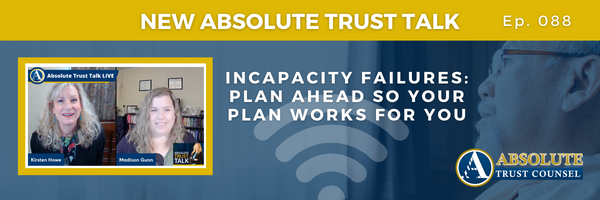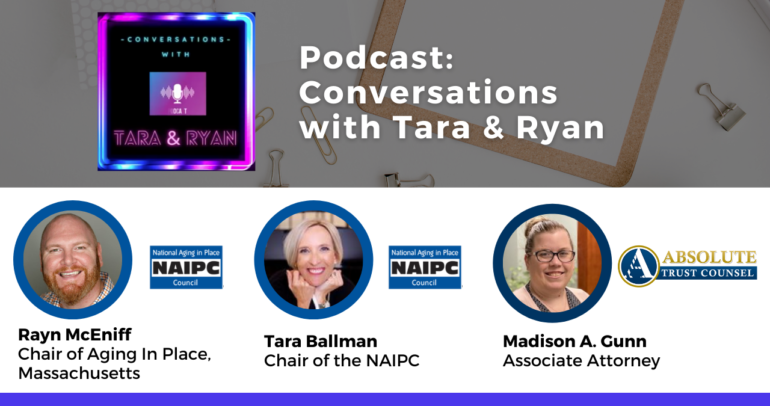


For this four-part series, we are discussing very common scenarios that we see in our trust administrations where real estate is involved. Real estate, particularly the family home, often has emotional and sentimental components that can throw a wrench in trust administrations. Beneficiaries often have conflicting ideas of what to do with the family home. We will continue using the…

Having a special needs child is a unique and often challenging journey that requires a lot of support and a comprehensive understanding of the services and resources available at each life stage. From early childhood to adolescence and adulthood, families of special needs children encounter a range of opportunities and challenges that can be better managed with the right resources.…




Effective January 1, 2022, California Probate Code Sections 15800 and 16069 are amended by Assembly Bill 1079. The change in law affects Trustees who assume their role when the settlor or trustor (the creator of the trust) becomes incapacitated. Typically, the person or persons who create a revocable living trust hold the power to be able to revoke the trust.…

In California, owning assets in a revocable trust enables your family to avoid probate, a court process used to transfer assets to beneficiaries of a will or the decedent’s heirs. One of the main reasons to create a trust is to avoid probate. Unfortunately, more often than we would like, when we assist clients with trust administration after the death…

The Aged and Disabled Medi-Cal program pays for long-term care in a skilled nursing facility and care at home through In Home Support Services (IHSS). In order to qualify for this type of Medi-Cal, you must meet an income test, or have a share of cost if your income is too high, and you are limited in the amount of…




